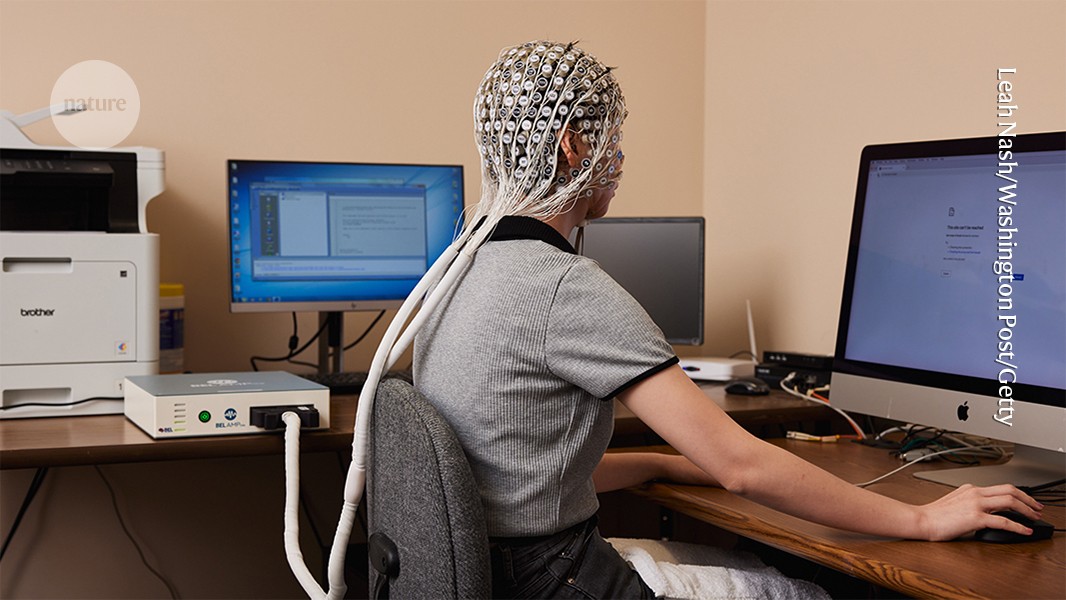YouTube rolls out more unskippable ads that make viewers wait even longer to watch videos - Dexerto
-
I haven't seen an ad on Youtube in several years, thanks to uBlock Origin.
I find funny, that after watching YouTube for not over an hour, my ublock icon already says >1k
-
Hmmm maybe I'll just learn to read finally.
Dunno, why learn to read, everything is already on the internet
-
"Not as well as uBlock Origin" is the answer to that.
I got warnings to disable my ad blocker on my Chromebook recently, but did not get the same on my Linux desktop using Firefox.
I really ought to get away from the default software on the Chromebook (Firefox via Crouton or Android or something), but it didn't work well last time I tried.
Is there support for blocking individual elements of a page in v3 version of uBlock Origin? (I won't be surprised if it lacked it). I usually block various other elements of page like useless headers/footers/comment sections on some sites I routinely visit on Firefox.
-
I'm not worried. The minute the ad blockers stop working I'll finally be able to do something else with my time.
 ️ And it works, I can confirm.
️ And it works, I can confirm. -
I've been meaning to check out this "nature" thing, or whatever it's called. It's basically like, just lakes and woods and the sky and all kinda weird shit like that. Supposed to be pretty cool I guess, idk
You mean like desktop backgrounds IRL? 🤯
-
This post did not contain any content.
I have yet to see my first ad on any youtube video.
-
This post did not contain any content.
testing
Does that mean if viewing numbers plummet they won't roll it out? wink wink, nudge nudge!
-
This post did not contain any content.
I watch youtube on a smart TV where I don't have a way to skip ads. I know there are ways to do it, I just never implemented.
The experience with Youtube is getting so much worse. It used to be one ad at the start of the video. Then it was two. And now ads in the middle of the video. They are also so long! It completely breaks the narrative of the video and is so distracting.
All of this just makes me want to watch less Youtube, which is likely not a bad thing.
-
I'm still self hosting Invidious... Watching YouTube videos without ever visiting YouTube...
Link? Or just Google it?
-
I watch youtube on a smart TV where I don't have a way to skip ads. I know there are ways to do it, I just never implemented.
The experience with Youtube is getting so much worse. It used to be one ad at the start of the video. Then it was two. And now ads in the middle of the video. They are also so long! It completely breaks the narrative of the video and is so distracting.
All of this just makes me want to watch less Youtube, which is likely not a bad thing.
I'm in the same boat here, I watch on my TV through a Roku and I don't think there are any options for ad blocking.
-
I watch youtube on a smart TV where I don't have a way to skip ads. I know there are ways to do it, I just never implemented.
The experience with Youtube is getting so much worse. It used to be one ad at the start of the video. Then it was two. And now ads in the middle of the video. They are also so long! It completely breaks the narrative of the video and is so distracting.
All of this just makes me want to watch less Youtube, which is likely not a bad thing.
You could see if an adblock dns works, you dont even have to set up pihole for that (its just local hosted adblock/whattheheckyouwant dns).
If it makes problems you can set it to default or cloudflare or somethingSetting another dns is in most cases just going to the settings and pasting a link
Edit: if you set the dns in your router it works at all devices at home
-
This post did not contain any content.
And thus we say fare thee well - U-Toob
-
testing
Does that mean if viewing numbers plummet they won't roll it out? wink wink, nudge nudge!
Very likely - but that’s not going to happen. Some people will watch less, some will complain but keep watching the same amount, and the majority will just take it as a fact of life and not change their behaviour.
-
This post did not contain any content.
This sounds like a problem I'm too third party client to understand
-
I watch youtube on a smart TV where I don't have a way to skip ads. I know there are ways to do it, I just never implemented.
The experience with Youtube is getting so much worse. It used to be one ad at the start of the video. Then it was two. And now ads in the middle of the video. They are also so long! It completely breaks the narrative of the video and is so distracting.
All of this just makes me want to watch less Youtube, which is likely not a bad thing.
on the rare case that i watch YouTube on tv, if it's at the beginning, i just quit the video and restart over and over again until i see a 5 sec skip. sometimes it takes longer than the ads would've taken but I'd rather do that than take it on the chin to be honest. I'm also hoping others do it too so maybe they get some telemetry data.
and if it's in the middle of the video i just quit. if it's important enough i can just watch it on my phone or PC without ads.
-
Link? Or just Google it?
The docker section there is what I used.
-
This post did not contain any content.
Ublock Origin on Firefox With Sponsorblock is the answer.
Edit: Mispelling, fuck autocorrection
-
Very likely - but that’s not going to happen. Some people will watch less, some will complain but keep watching the same amount, and the majority will just take it as a fact of life and not change their behaviour.
I think we've seen enough changes in social media platforms over the past few decades to say that your claim is true until it's not. As payments to content creators fall, and as garbage postings increase, the actual value to the average user of the site is clearly decreasing. So we'll see how long YouTube is relevant.
-
I watch youtube on a smart TV where I don't have a way to skip ads. I know there are ways to do it, I just never implemented.
The experience with Youtube is getting so much worse. It used to be one ad at the start of the video. Then it was two. And now ads in the middle of the video. They are also so long! It completely breaks the narrative of the video and is so distracting.
All of this just makes me want to watch less Youtube, which is likely not a bad thing.
When the ad is playing, are you able to press up a couple of times and click on the little (i)? It might then go to a "why am I seeing this ad" page which you can then click ok on then click on don't watch this ad again and it will skip the ad. Doesn't work if you're casting a video from a phone, and it doesn't work on some channels.
-
This post did not contain any content.
Youtube has ads?






